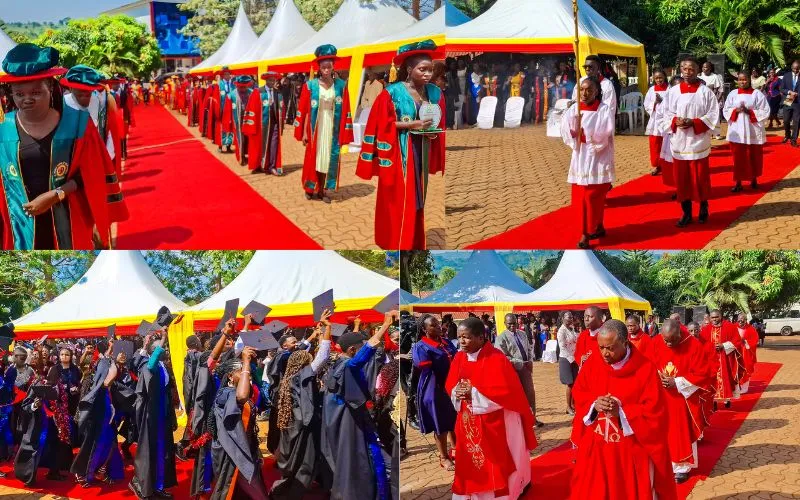“The fact that under the Bill there is no obligation by a plant breeder to disclose the source of germ plasm used in the development of the seed will encourage biopiracy of Ghana’s biodiversity,” the leaders further indicate in the online petition.
On November 4, Ghana’s Parliament passed the Plant Variety Protection Bill, which had been re-introduced in the country’s Parliament in February 2020
The Bill had been withdrawn from the floor of the house in November 2014 amid calls for further consultations with all stakeholders.
In 2013, members of the Ghana Catholic Bishops’ Conference (GCBC) rejected the Bill saying the country “can achieve food sufficiency and even produce surplus food for export using the conventional means of farming.”
Other Ghanaian entities campaigning against the Bill include the Ghana Muslim Mission, Food Sovereignty Ghana, the Peasant Farmers Association of Ghana (PFAG), Center for Indigenous Knowledge and Organizational Development (CIKOD), the General Agricultural Workers Union of the Trades Union Congress, Vegetarian Association of Ghana, Vibrant Vegan Society of Ghana (VEGSOG) and the Rastafari Council of Ghana.
In the online petition, Ghana’s religious and civil society leaders say that the government has “no justified reason why Ghana does not seek to build a sui generis system of plant protection as stipulated by the World Trade Organization agreement and instead has opted for the highly inflexible UPOV 91.”
A sui generis system refers to the creation of laws that would afford protection to intellectual property dealing with genetic resources while the Union for the Protection of New Varieties (UPOV 91) is a seed law that protects new varieties of plants through intellectual property right.
Grain, an international Non-governmental organization in the agriculture sector, has described UPOV 91 law as one that strengthens the rights of corporate breeders and restricts farmers from saving privatized seeds.
In the online petition, the religious and civil society leaders in Ghana call on the Head of State to “allow for a truly open stakeholder engagement and consultation.”
They add that the consultation will pave way for the West African nation to arrive at “a plant variety protection regime that is good for Ghana’s farmers as well as plant breeders, be they local or foreign.”








